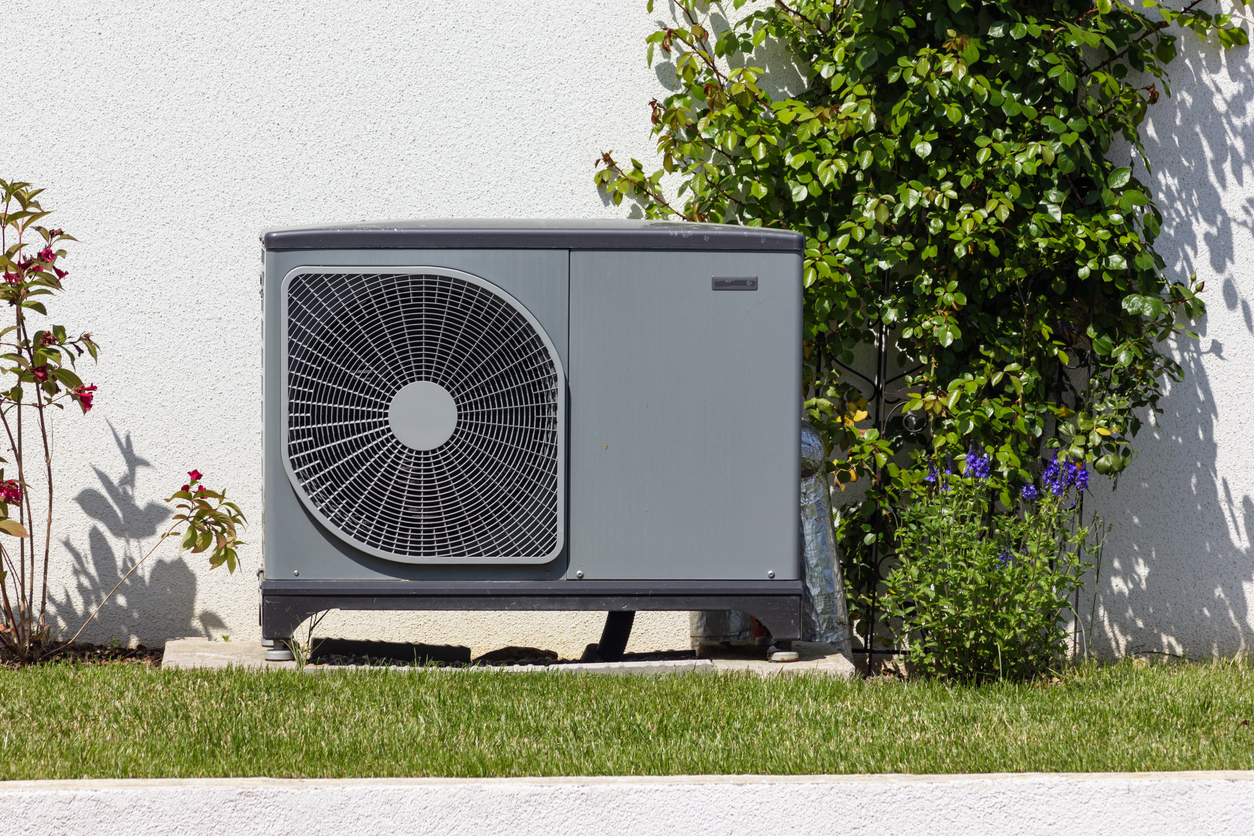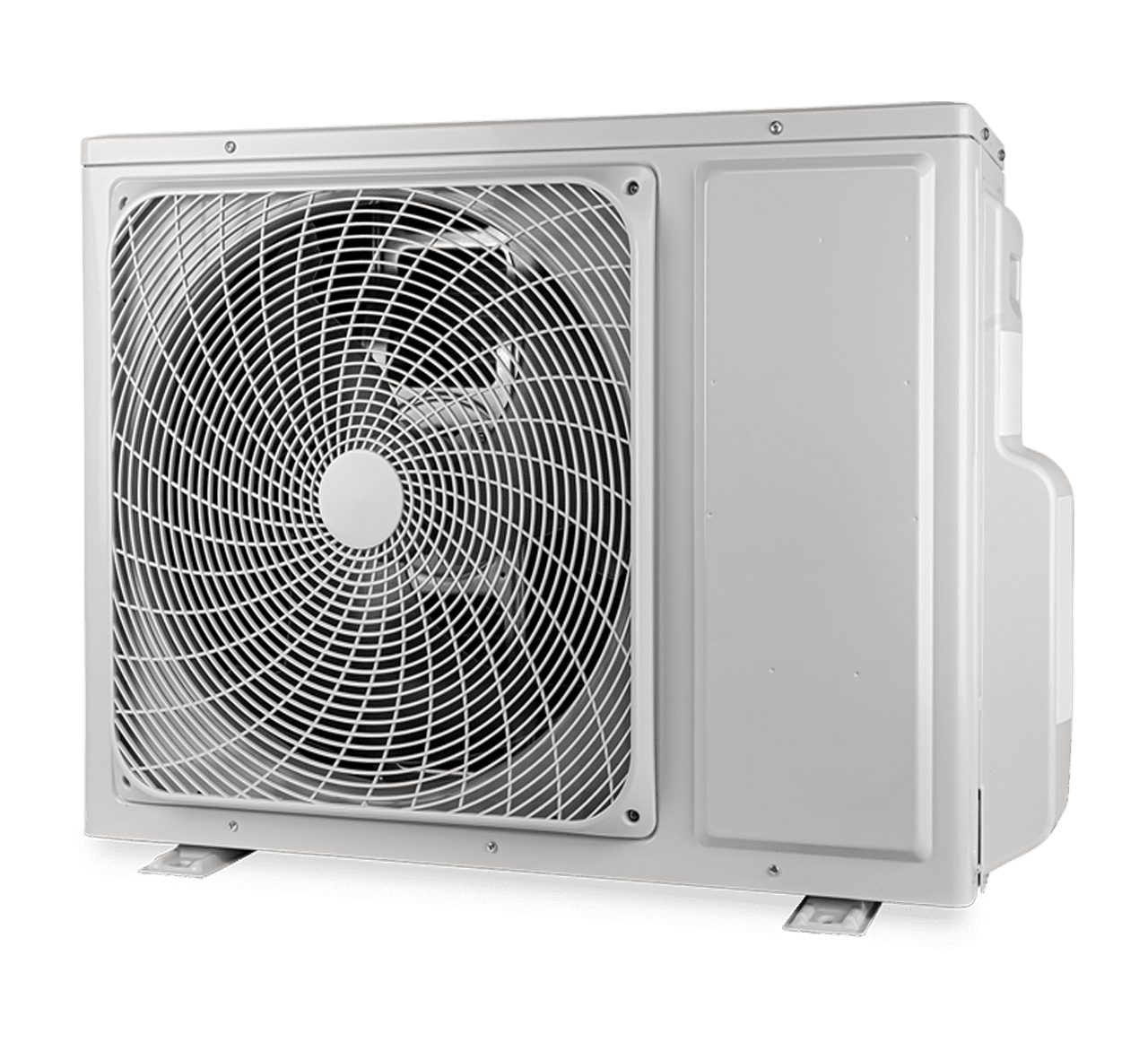Heat Pump Vs Air Conditioning

Heat Pump Vs Air Conditioning
When it comes to keeping our living space cool, we frequently have to choose between a heat pump and an air conditioning unit. Both options provide reliable cooling, but their features and functionality differ. In this post, we’ll look at heat pumps and air conditioner units and compare their performance, energy efficiency, and compatibility for different climates.
Keep reading as the team at Moore and Russell explores the primary distinctions between heat pumps and air conditioners and helps you make a well-informed choice for your unique cooling needs, whether you’re looking for a dedicated cooling solution or a versatile system that can provide both heating and cooling.
Which is better, the air conditioner or the heat pump?
The decision between an air conditioner and a heat pump is based on your specific requirements and current situation. Both systems have benefits and drawbacks, so it is critical to take into account variables such as climate, energy effectiveness, and heating needs.
If you’re primarily concerned with staying cool through the hot summer months, an air conditioner unit is difficult to beat. They are explicitly designed for cooling and are highly effective at removing heat from your interior spaces. Air conditioning units are excellent at providing an enjoyable blast of cool air.
A heat pump may be the right course of action if you want a year-round solution that can both cool and heat your home. Heat pumps are impressive because they can provide dual heating and air conditioning from a single unit. In addition, heat pumps frequently lead the way in terms of energy efficiency. Because they transfer heat rather than generate it, they can be far more effective than air conditioning units, mainly when providing cooling as well as heating. This can lead to lower consumption of energy and possibly save you money on your utility bills.
Furthermore, because of their additional heating capabilities, heat pumps have a higher initial cost than air conditioners. They can, however, provide long-term savings by lowering the use of energy. So, it’s an initial investment, but it could pay off in the long run. One thing to keep in mind is that if you live in an area with below freezing temperatures, a heat pump alone may not be enough during particularly chilly stretches. In such cases, you may require supplemental heating. But don’t worry! Heat pump systems, also known as dual-fuel systems in this scenario, seamlessly transition to the second heating source when necessary.
So, it all comes down to your unique needs, climate, and long-term goals. Consulting with HVAC professionals can be extremely beneficial in determining which system is best for your home or building. They can evaluate your requirements and make tailored recommendations.
Does a heat pump cool as good as an air conditioner?
When compared to heat pumps, air conditioning systems tend to be more effective at providing powerful and focused cooling. While heat pumps can still cool your living area, their cooling ability may not be comparable to that of a dedicated air conditioning unit, particularly in sweltering climates. Heat pumps prioritize energy efficiency and provide more balanced heating and cooling capabilities. If powerful and quick cooling is your main priority, an air conditioner may be the better option. A heat pump, on the other hand, provides dual-functionality and can provide both heating and cooling, which may be an ideal solution for homeowners living in a milder climate like British Columbia.
Can it be too hot for a heat pump to work?
Heat pumps are engineered to operate effectively in a wide range of temperatures, including those in hot climates. However, there are temperature limits beyond which the performance of a heat pump may be compromised. The ability of the heat pump to obtain heat from the atmosphere outside decreases as the outside temperature rises. This means that in scorching circumstances, the heat pump’s ability to cool and overall effectiveness may be reduced.
The outside temperature at which a heat pump’s performance begins to deteriorate depends on factors such as model, design, and manufacturer specifications. Most heat pumps have been developed to work effectively in temperatures ranging from around 0 degrees Celsius to 38 degrees Celsius. As a result, if you live in a place with constantly high temperatures, it’s a good idea to consult with HVAC professionals who can evaluate your specific needs and recommend the best cooling solutions for your climate and the particular requirements of your residence.
Can a heat pump replace an air conditioner?
A heat pump can, in fact, replace an air conditioner. Indeed, one of the primary benefits of a heat pump is its capacity to provide both cooling and heating in one system.
During the summer, a heat pump operates in cooling mode, similar to an air conditioner. It effectively cools the indoor environment by extracting heat from your space and transferring it outside.
One benefit of using a heat pump is that it provides heating during the colder months as well, making it a versatile choice for year-round comfort because of its dual functionality.
It’s important to note that heat pumps and dedicated air conditioners may have slightly different performance characteristics. A heat pump, for example, may not have the same cooling capacity as air conditioning, especially in extremely hot climates. However, in most residential homes, a heat pump can effectively cool the space.
Do you want to install a heat pump for interior comfort all year round? If the answer is yes, the team at Moore and Russell Heating and Air Conditioning is here to help! Call and schedule a consultation appointment with our home comfort advisors to receive a complimentary new system purchase quote!
Moore and Russell are here to help you optimize your home comfort from Tsawwassen to Abbotsford to Burnaby and everywhere in between! We also offer substantial savings and financing options to help offset some of the upfront costs! Our team of professionals can’t wait to work with you!
